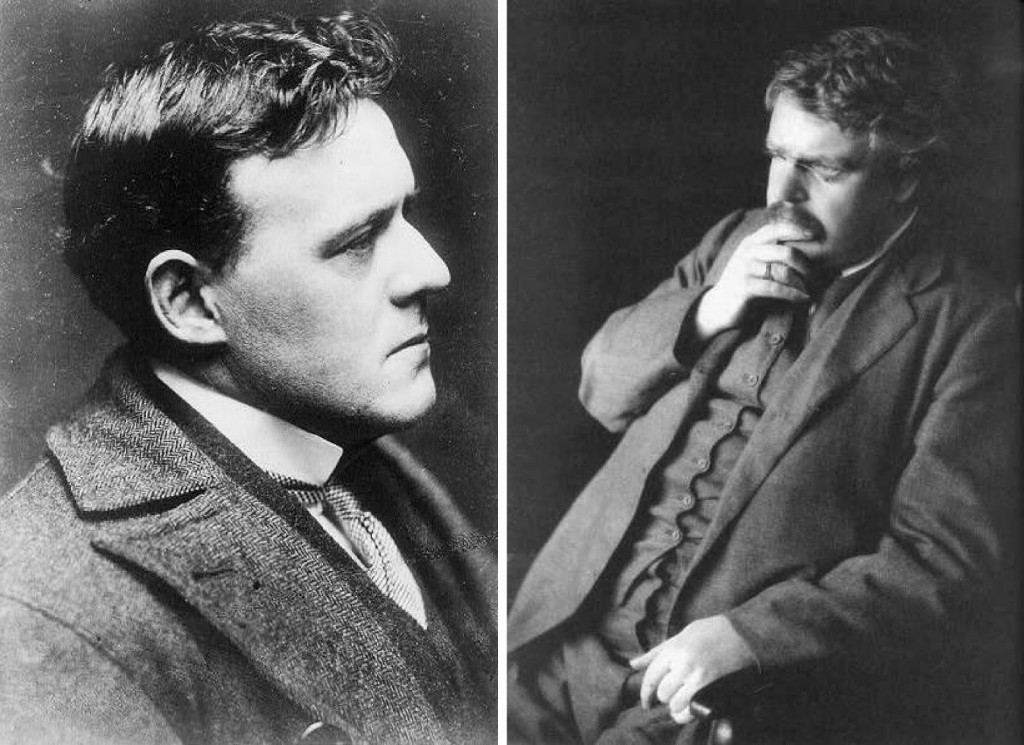Distributism: An Idea Whose Time Has come? (Part 1)
NATIONAL LIBERALS believe that the ideals of National Freedom and Social Justice are indivisible. For a healthy society to flourish a nation and its people must have both. National Freedom without Social Justice – or Social Justice without National Freedom – simply won’t do.
So is it possible to have both? The National Liberal Party – NLP – believes that it is and that Distributism provides the key. So what is Distributism? Distributism may be described as a political philosophy based on the contention that a just and sustainable social order can only exist in which the ownership of property and the means of production, distribution and exchange are widespread.
In this article Glasgow-based Andrew Hunter explains the ideas behind Distributism and provides a brief history of the wider Distributist movement in Britain. Please note that the use of the phrase ‘Third Way’ in this introduction does not imply any official link with any organisation or group of a similar name. As explained in the article. it is used to convey the idea of an economic position that is neither capitalist nor communist. This is the first of a two part article.

Distributism is the name given to a socio-economic and political creed originally associated with Hilaire Belloc (left) and G. K. Chesterton (right).
RECENT YEARS have seen economic upheaval in the western world the likes of which has not been experienced since the Great Depression of the 1930s. Once mighty banks have been brought to their knees and in some cases have gone under altogether. National governments have been forced to go cap in hand to international financial bodies to be rescued from bankruptcy. In turn, many across Europe and beyond have lost their jobs or face the threat of unemployment due to businesses failing and governments cutting their budgets. Insecurity and uncertainty over employment and pensions in old age are the fears of many these days.
Date: March 10, 2017
Categories: Articles































